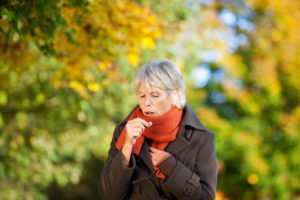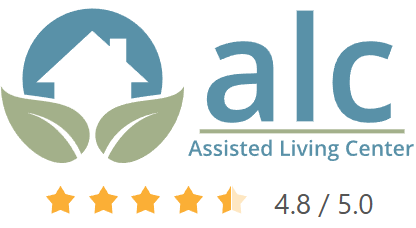
What makes allergies so dangerous to seniors is that they can complicate other chronic conditions such as asthma. Even worse, antihistamines commonly used to cure allergies can interfere with medications seniors take to regulate blood pressure. Allergy medications could also cause dizziness and sleepiness, increasing the risk of falling and injury.
Fortunately, there are several ways to help seniors with battling allergies that don’t involve potentially dangerous pills. If you are a sole caretaker perhaps you should look into home care in Bel Air. Professional caregivers know how to best help seniors through this season. Apart from that, here are some other steps you could take to help your seniors struggling with allergic reactions:
Look for the Symptoms
Don’t dismiss allergies as something that only happens to children. Instead carefully monitor your senior loved ones for the common symptoms of allergy, like sneezing, runny nose or itching eyes. Just to be on the safe side you could consult with a specialist and subject your seniors to a scratch test. This test is used to determine whether a person is allergic to a particular allergen by exposing them to the most common ones. This will help you keep all the allergens away from seniors. When visiting a specialist, make sure to bring a list of potential allergens in your home like pets or perfumes, as well as all the prescribed medication your senior loved one is taking.
Air-Condition Your Home
Your AC unit may be your best ally in battling allergens. Be sure to keep the air conditioning running even during the mild days. Your seniors might not be too happy about the AC running if it isn’t hot outside, but an AC unit could make all the difference in keeping the allergens out of your home. Just make sure to regularly clean the filter in your AC unit. A dirty filter is basically a free pass for allergens, and not cleaning or replacing it could cause more harm than it does good.
Modify Their Diet
Experts believe that some foods such as ginger, walnut and apple are useful in fighting the inflammation caused by allergies and can help ease the symptoms. With that in mind try to modify your seniors’ diet to include these nutrients.
Monitor Local Pollen Levels
Websites like Pollen.com might be your most helpful allies in battling infections caused by your loved ones’ reaction to pollen. Monitor similar websites along with local TV and radio stations to find out if the pollen count is high. If it is, make sure your senior loved one does not leave their home during those days.
Encourage Better Hygiene
One of the best ways to prevent allergens from infiltrating your home is taking a bath every time you go outside. The same goes for seniors. A professional caregiver referred by a reputable company offering home care in Bel Air can encourage seniors to shower or take a bath more frequently and provide assistance if necessary. This can help wash away the pollen and other allergens from the seniors’ hair and skin.
Shut Your Windows
Even if your seniors don’t spend any time outside, allergens can easily sneak into their home if they keep their windows open. Again, even though it’s a less affordable option, we suggest using the AC to vent your home and keep allergens at bay at the same time.
The most important tip for caregivers is to try and prevent contact with allergens, keep an eye for any signs of an allergic reaction, and react quickly in order to find the best treatment to help them get through the allergy season.








